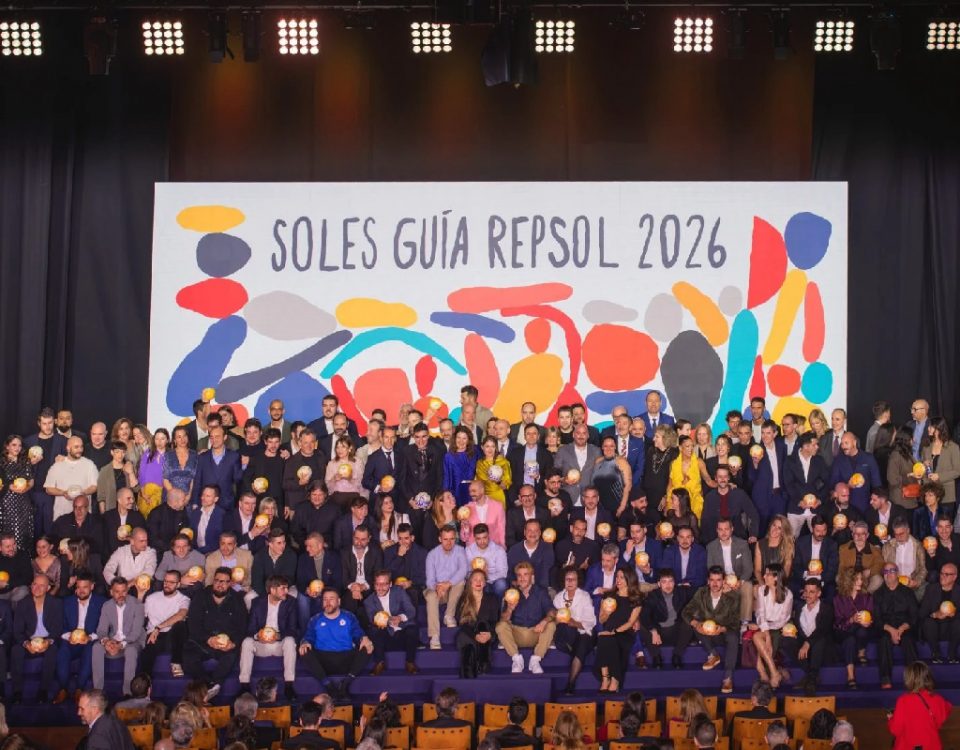- El mejor turismo de galicia
Sustainable tourism, beyond eco friendly
Sustainable tourism, beyond eco friendly
Although the concept of sustainability in tourism is usually associated with nature and ecofriendly tuirs, UNWTO wants to continue to take steps forward and soak this concept across the sector in a transversal way. This is reflected in the latest issue of the Hosteltur magazine, which reviews the global evolution of this trend and the position of Spain.
It should be recalled that this year 2017 has been declared World Year of Sustainable Tourism and, in this sense, the implementation of sustainable tourism affects the sector as a whole in the implementation of measures that help the preservation of existing natural and landscape resources With a view to the future and minimizing the negative effects that the tourist exploitation can cause. The sustainable development of tourism affects all areas, from infrastructure to energy efficiency or tourist behavior. According to a survey conducted by TUI between
3,000 Europeans (not only among their customers) who have traveled in the last two years, the greatest sensitivity in this regard is observed in Germany and France. Thus, while 10% of Europeans specifically seek eco-friendly hotels, the ratio rises to 18% in the case of French tourists and 17% among Germans. However, 66% believe that the responsibility of being sustainable rests with the tourist company – in its operational procedure – and not with their behavior. In Spain there is little willingness to opt for this type of travel, which entails a higher cost.
The publication of Hosteltur highlights Spanish destinations that have begun to stand out for their good practices in terms of sustainability such as Victoria, Gijón, Lanzarote and Menorca. However, the culture of the sustainable tourist is not yet as developed in our country as in other parts of Europe, there is still a way to go.










